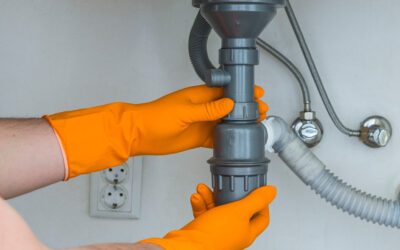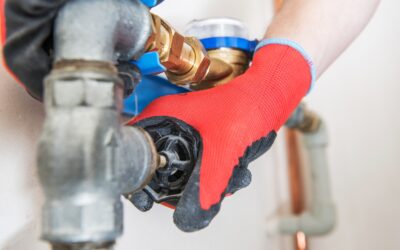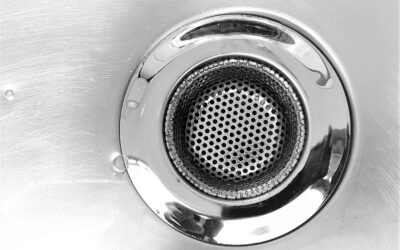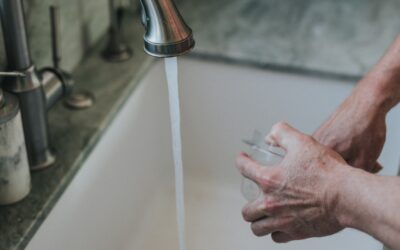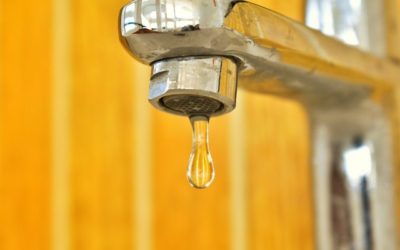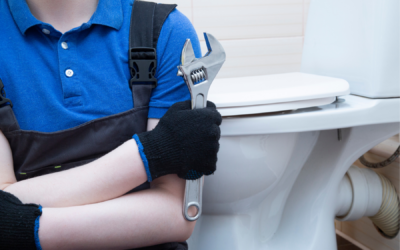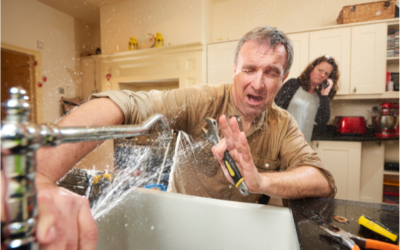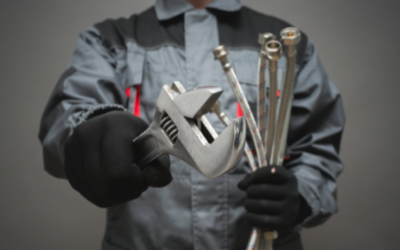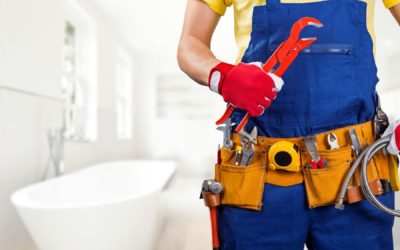Cleaning Your Drains Professional plumbers at Drain Terrier in Denver, Colorado, have a wide range of tools available that allow them to clean drains and clear clogs, including specialized equipment designed to blast apart stubborn obstructions and chemical additives...
Blog
What Is A Drain Inspection Camera?
Sewer or Drain Inspection Camera Uses A sewer or drain inspection camera is typically used when there is a clog in your sewer system. A Drain Terrier plumber inserts a small camera into the main sewer line, where it connects to the drain. This allows the plumber to...
Understanding Drain and Plumbing Systems in Littleton, CO
Drain and Plumbing Systems A drain pipe, trap, and vent are essential elements of your home's plumbing systems. Here's what you need to know about each one. The drainpipe carries waste water away from sinks, toilets, tubs, showers, etc., into the main sewer lines. A...
Best Drain Cleaning Services in Littleton, CO
Drain Cleaning Services for Clogged Drains Drain Terrier plumbers are available 24/7, 365 days a year, to perform routine drain maintenance and emergency drain repair in Littleton, CO. We also offer sewer cleaning services, including sewer video inspections, sewer...
The Importance of Pipe Descaling
Interested in Pipe Descaling? Pipe descaling is an essential step in maintaining your plumbing system. It involves removing scale buildup and other debris from inside your pipes. Scale buildup can cause many issues, including reduced water pressure and burst pipes....
What Are The Most Common Plumbing Emergencies?
Plumbing issues are usually caused by debris blocking your drain or sewer line. These blockages can cause a slow flow of sewage, backed-up sewers, and even dangerous flooding if not fixed quickly. Toilets and sinks also need regular cleaning to prevent bacteria growth...
Common Types of Tools Plumbers Use in Littleton, CO
For many of us, plumbing is a mystery. When do you call a plumber? Will plumbers be able to fix your problem? How does all of this work? What is the average cost? To begin understanding any of the above questions, it helps to understand the mechanics of plumbing. In...
What does a Denver Drain Cleaning Company Really Do?
What does a Denver Drain Cleaning Company Really Do? You may be reading the title and asking yourself, what is a drain cleaning company? What does a drain cleaning company really do? Is it more than just a plumber fixing clogged toilets and sometimes the kitchen sink?...
How to Find a Drain Cleaning Company in Littleton, Colorado
Are you experiencing broken, leaky, or loose kitchen faucets? Are you having issues with your water heater and unsure whether you should repair a piece or replace the entire water heater? If you answered yes to either of these questions, you are in need of a drain...
What are the Most Common Jobs for Plumbers?
Plumbing is a job that calls for solution management in many different situations. A plumber often enters a home amid a disaster, no matter how minor or significant. What do you think are the most common jobs for plumbers? We will go through the top 5 jobs plumbers...

